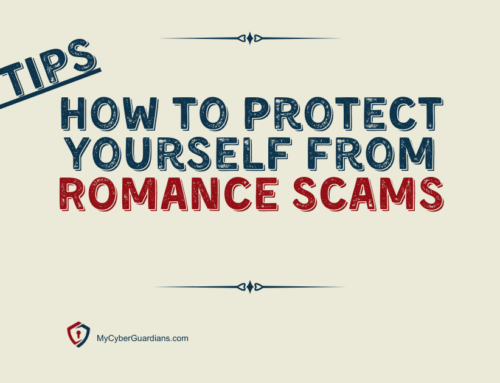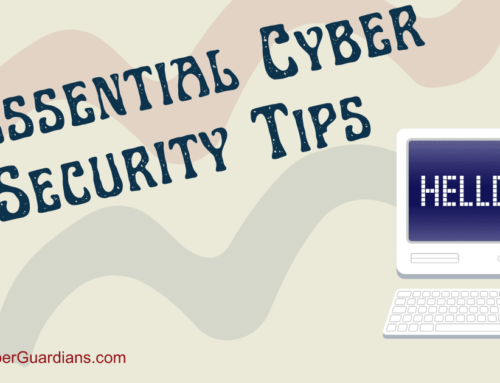
Hello there, dear readers!
We know that navigating the vast online world can be a bit overwhelming, and you might be worried about all those tricky online scams that seem to pop up from time to time. But fret not, because we’ve got your back! Today, we’re going to arm you with some practical tips on how to spot and avoid online scams like a seasoned pro.
1) Trust Your Gut Feeling: The first rule of thumb is simple: trust your instincts. If something feels off or too good to be true, it probably is. Scammers use clever tactics to create urgency or excitement, but take a deep breath and think before you act.
2) Look Out for Misspellings and Odd URLs: Scammers often create fake websites that look very similar to the real ones. Check the URL carefully for any misspellings, extra characters, or odd domain names. Legitimate websites usually have consistent and recognizable URLs.
3) Watch for Unsolicited Messages: Whether it’s an email, text message, or a private message on social media, be cautious about messages from unknown senders. Avoid clicking on links or downloading attachments from suspicious sources.
4) Verify Requests for Personal Information: Legitimate organizations rarely ask for sensitive information like passwords, credit card details, or social security numbers via email. If you receive such requests, especially from unfamiliar sources, double-check with the supposed sender through a trusted means before sharing anything.
5) Be Skeptical of Too-Good-To-Be-True Offers: If you stumble upon an incredible deal or prize, don’t get swept away too quickly. Scammers often use enticing offers to lure people into providing personal information or making impulsive decisions.
6) Stay Informed about Common Scams: Being aware is half the battle won. Keep yourself updated on the latest scams circulating the web. You can find reliable information from government agencies, consumer protection websites, and even by joining online communities where people share their experiences.
7) Use Security Software and Tools: Equip your devices with reputable antivirus software and enable browser security features like pop-up blockers. These tools act as your digital bodyguards, adding an extra layer of protection against potential threats.
Remember, even the savviest of internet users can sometimes fall victim to scams, so don’t be too hard on yourself if you encounter a suspicious situation. The key is to be cautious, stay informed, and seek help if you’re uncertain.
If you ever come across a fishy online encounter, don’t hesitate to reach out to us or someone you trust. We’re here to support you and help you enjoy the wonders of the internet without fear.
Together, we’ll surf the web safely and with confidence!

 We hope you enjoy reading this blog post. If you are ready to have us
We hope you enjoy reading this blog post. If you are ready to have us


